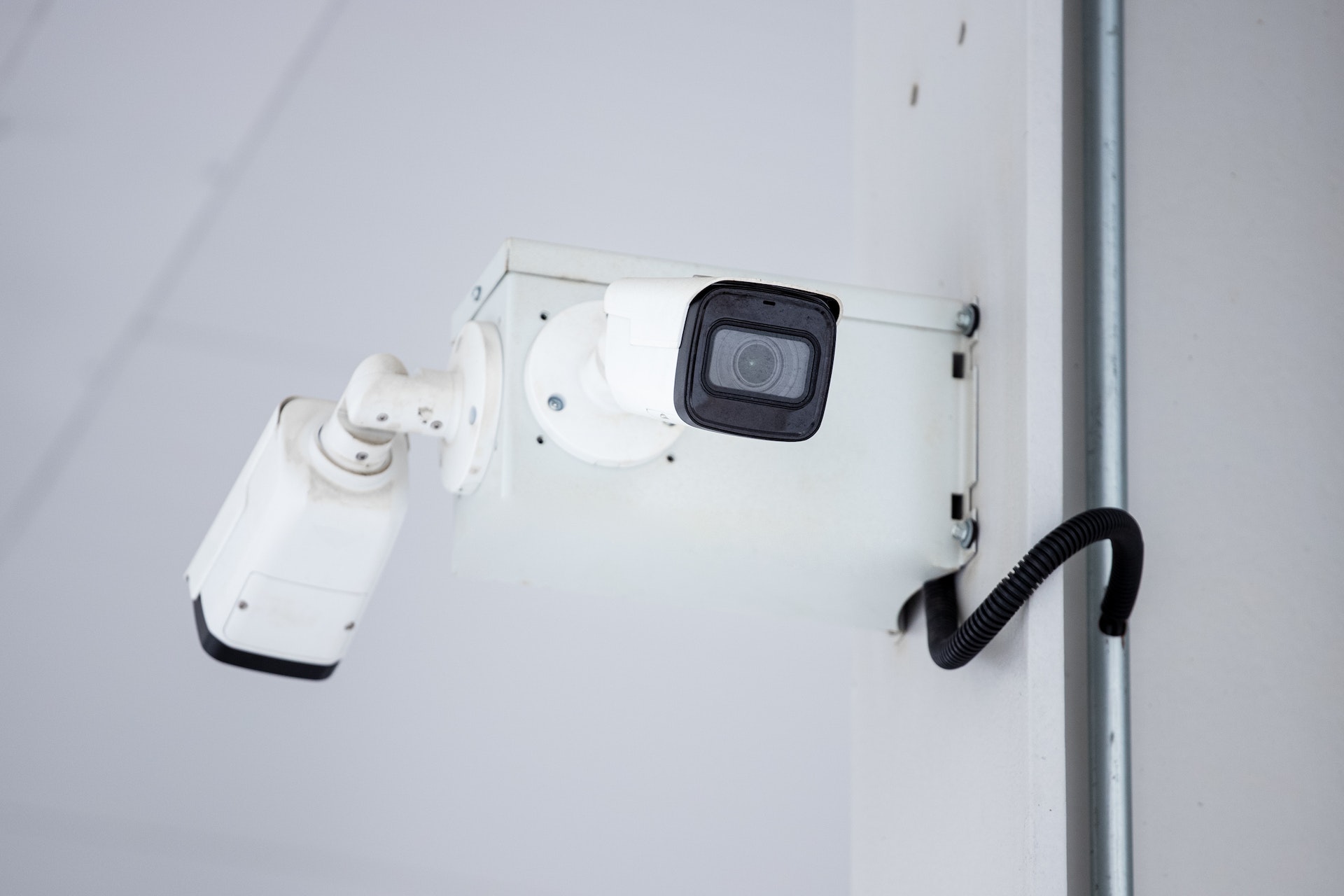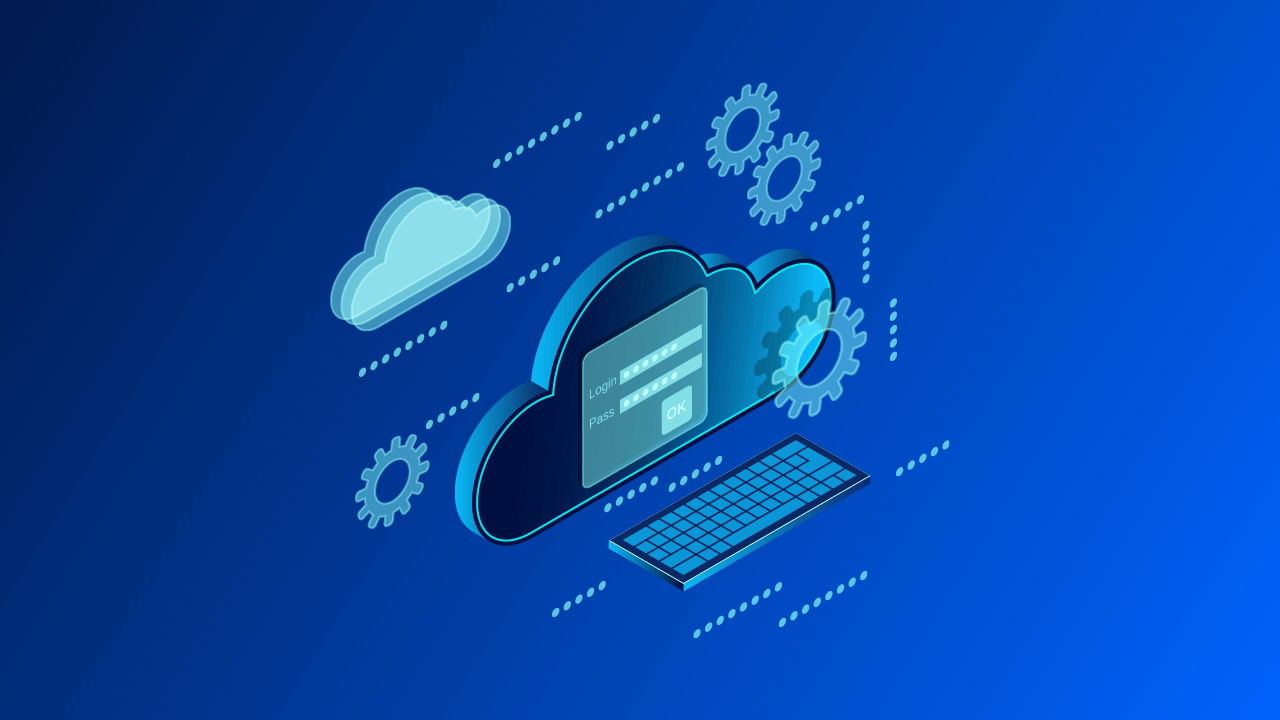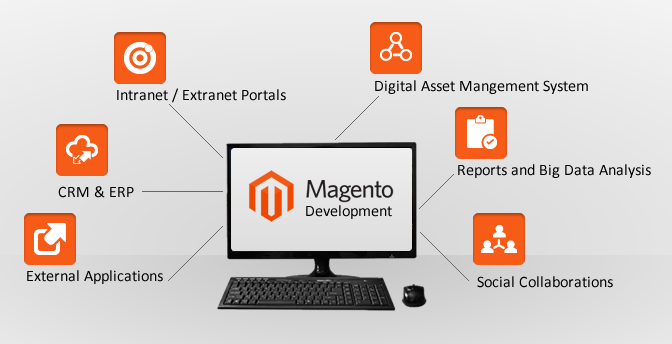The healthcare industry, with its complex dynamics of patient care, privacy concerns, and regulatory compliance, presents unique security challenges. As healthcare facilities strive to offer top-notch care while ensuring the safety of their patients, staff, and sensitive data, the significance of robust access control systems cannot be overstated. This blog post explores the pivotal role that access control systems play in healthcare settings, highlighting their benefits, implementation strategies, and future trends.
The Imperative for Access Control in Healthcare
Healthcare facilities, ranging from small clinics to large hospitals, are bustling environments where access control is crucial. The variety of stakeholders, including patients, healthcare providers, visitors, and vendors, necessitates a system that can differentiate between these groups and grant appropriate access rights. Furthermore, healthcare settings house sensitive patient information and expensive equipment, both of which require protection from unauthorized access or theft.

Key Benefits of Access Control Systems in Healthcare
- Enhanced Security and Patient Privacy: Access control systems provide a secure environment by ensuring that only authorized individuals can access certain areas, such as maternity wards, psychiatric units, and data centres. This not only protects patients and staff but also safeguards confidential patient information, thus contributing to compliance with privacy laws like HIPAA (Health Insurance Portability and Accountability Act) in the United States.
- Efficient Operation and Emergency Management: Modern access control systems streamline operations by allowing healthcare facilities to manage access rights easily and remotely. In emergency situations, such systems can be invaluable for locking down or granting access to specific areas quickly, thereby aiding in efficient emergency management.
- Audit Trails for Compliance and Investigations: Access control systems generate detailed logs of who accessed what areas and when. These audit trails are crucial for regulatory compliance, as they provide verifiable data that healthcare facilities can use to demonstrate adherence to security standards. Additionally, in the event of a security incident, audit trails can aid in investigations.
- Integration with Other Systems: Access control systems can be integrated with other security and operational systems, including surveillance cameras, alarm systems, and patient management systems. This integration enhances overall security and operational efficiency, creating a seamless ecosystem of security measures.
Implementing Access Control Systems in Healthcare
- Assessing Needs and Risks: The first step in implementing an access control system is to assess the specific needs and potential risks of the healthcare facility. This encompasses understanding the layout of the premises, identifying sensitive areas, and recognizing the varying access needs of different user groups.
- Choosing the Right System: There are various types of access control systems, from traditional lock-and-key setups to advanced biometric systems. Choosing the right system involves considering factors such as the level of security needed, budget constraints, and the potential for future scalability.
- Addressing Privacy Concerns: Introducing access control systems in healthcare requires careful consideration of privacy issues, particularly when biometric data is involved. It is crucial to implement strict data protection measures and comply with relevant privacy regulations.
- Training and Awareness: For access control systems to be effective, staff and stakeholders must be aware of how to use the system correctly. Training programs and ongoing awareness initiatives are essential to ensure compliance and maximize the security benefits of the system.
The Future of Access Control in Healthcare
Looking ahead, the role of access control systems in healthcare is set to evolve further, driven by advancements in technology and changing healthcare needs. Future trends include the use of AI and machine learning for more adaptive access control, increased use of mobile credentials, and further integration with other healthcare management systems.
In conclusion, access control systems are indispensable in the healthcare industry, where security and privacy are paramount. By carefully selecting and implementing the right system, healthcare facilities can enhance their overall security posture, ensuring a safe and efficient environment for patients and staff alike. As technology advances, access control will continue to be a critical element in the ongoing effort to improve healthcare security.





